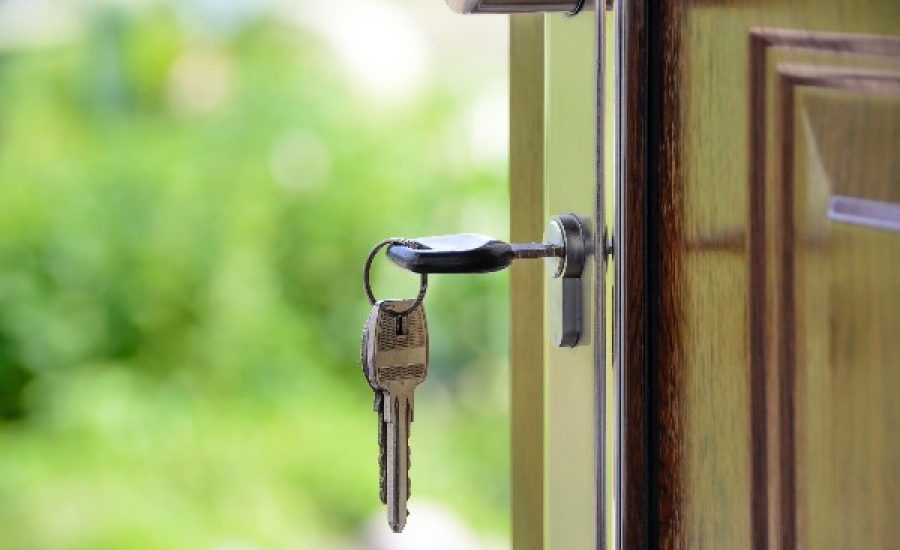- May 25, 2022
- Posted by: granitewordpress
- Category: News

New legislation commenced on the 4th of April 2022 requiring landlords to re-register their tenancies with the Residential Tenancies Board (RTB) every year. According to the RTB, annual registration allows them to gather more accurate tenancy and rent data to help inform rental policy development and implementation, and to ensure more effective regulation of the rental sector. This article written by Emma Comyn, Partner, CKT and Ben Crowley, Intern CKT gives an overview of the requirements and the potential late fee’s.
What was previously required of landlords?
Landlords of private rented accommodation, Student Specific Accommodation (SSA) and social housing provided by Approved Housing Bodies (AHBs) have always been required to register their tenancies within one month of a tenancy starting. Previously, a tenancy only had to be re-registered if the tenancy was continuing into a “Further Part 4” tenancy. A Part 4 tenancy is obtained by a tenant once they have resided in the property for 6 months. This means that the tenant has a right to remain in the property for up to 6 years and the landlord can only terminate the tenancy on limited grounds, irrespective of the length of the tenancy. When the 6-year security of tenure runs out, the landlord and tenant can agree to continue the tenancy, and a “Further Part 4 tenancy” will be created. Therefore, before the 4th of April, tenancies were only required to be re-registered when an existing Part 4 tenancy was continuing into a new Part 4 tenancy. As noted above, this occurs every 6 years.
What do the new rules mean for landlords?
Landlords now must re-register their tenancies every year, within one month of the anniversary of when the tenancy began. The RTB’s online registration will inform the landlords in advance of the yearly anniversary to make sure that they register in time and avoid the late fees.
To help landlords in these changing times, the RTB has stated that there will be a four-month transition period for tenancies that have renewal anniversaries between 4th of April and the 3rd of July. Therefore, from the 4th of August 2022, late fees will begin to accumulate for every month that a landlord is late registering a tenancy.
Late Fees
For private accommodation and SSA rentals, the fee will be €10 for every month the registration fee is late, while for AHB tenancies the respective fee will be €5. If late fees are not paid, landlords could incur a fine of €4,000 and/or civil sanctions of up to €15,000 as well as the possibility of 6 months imprisonment. In addition to any fines imposed, the landlord would have to pay the RTB’s legal costs which can be in the region of €2,500 plus VAT per case.
Landlords will have to pay an annual registration fee to the RTB. For private rentals and SSA, the cost to register tenancies will be €40 per year. The annual fee for tenancies managed by AHBs will be €20 per year. Landlords who currently have a “Further Part 4 tenancy” in place will be granted a waiver from these fees.
Conclusion
The new legislation will have a significant impact on the 178,000¹ individuals or entities which are registered as owning two or more residential properties. Arguments have been made that the increasing regulation of the rental sector will cause an unsustainable exit of landlords from the sector due to “administrative inconvenience” and the increasing number of fees that landlords must pay. Therefore, with these new regulations, it is important that the law makers strike the correct balance between gathering detailed rent data and encouraging landlords to stay in the market.
If you would like to contact a member of our Property Team, please click here.
¹ Source: More landlords have multiple properties (irishexaminer.com)